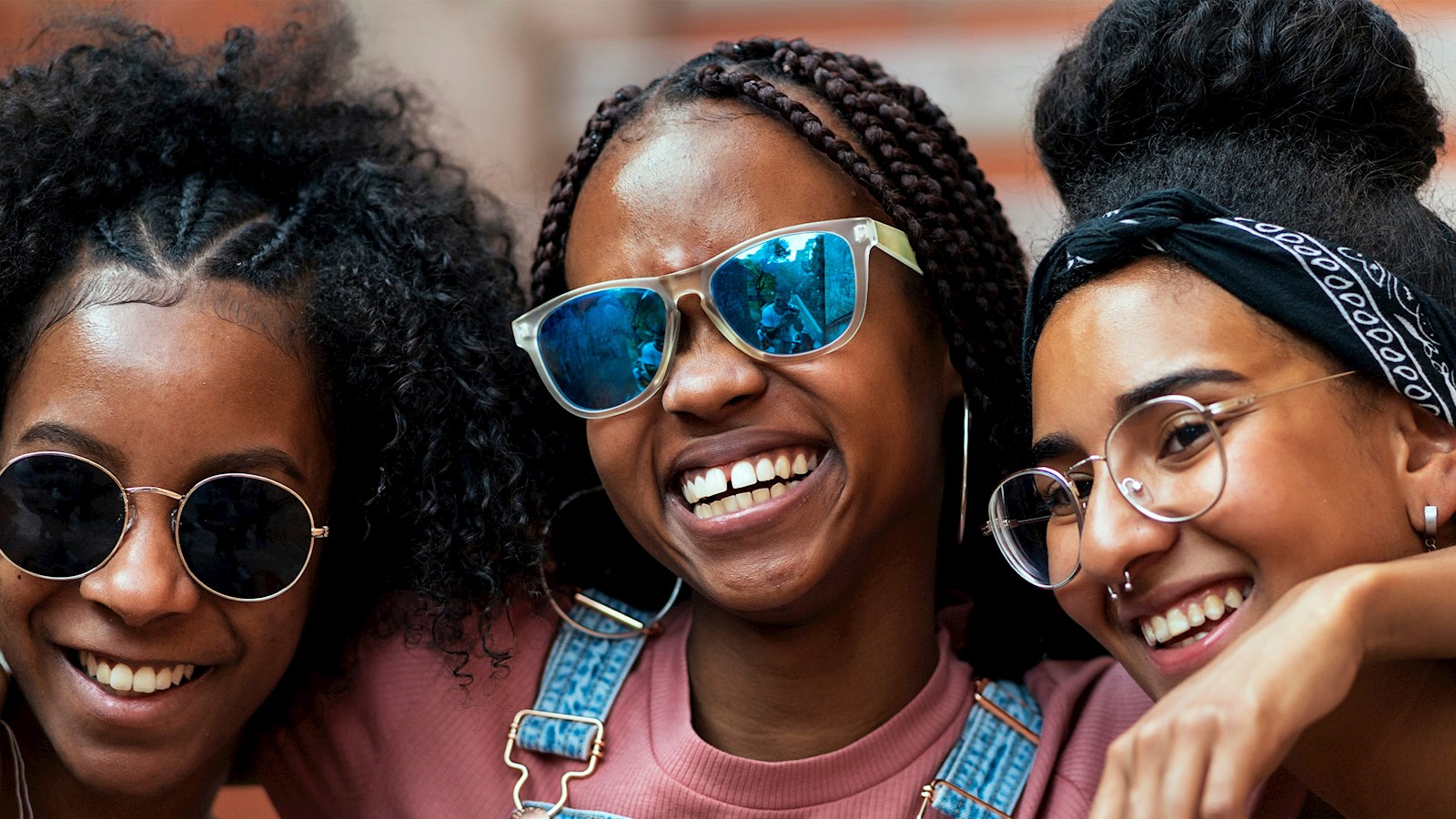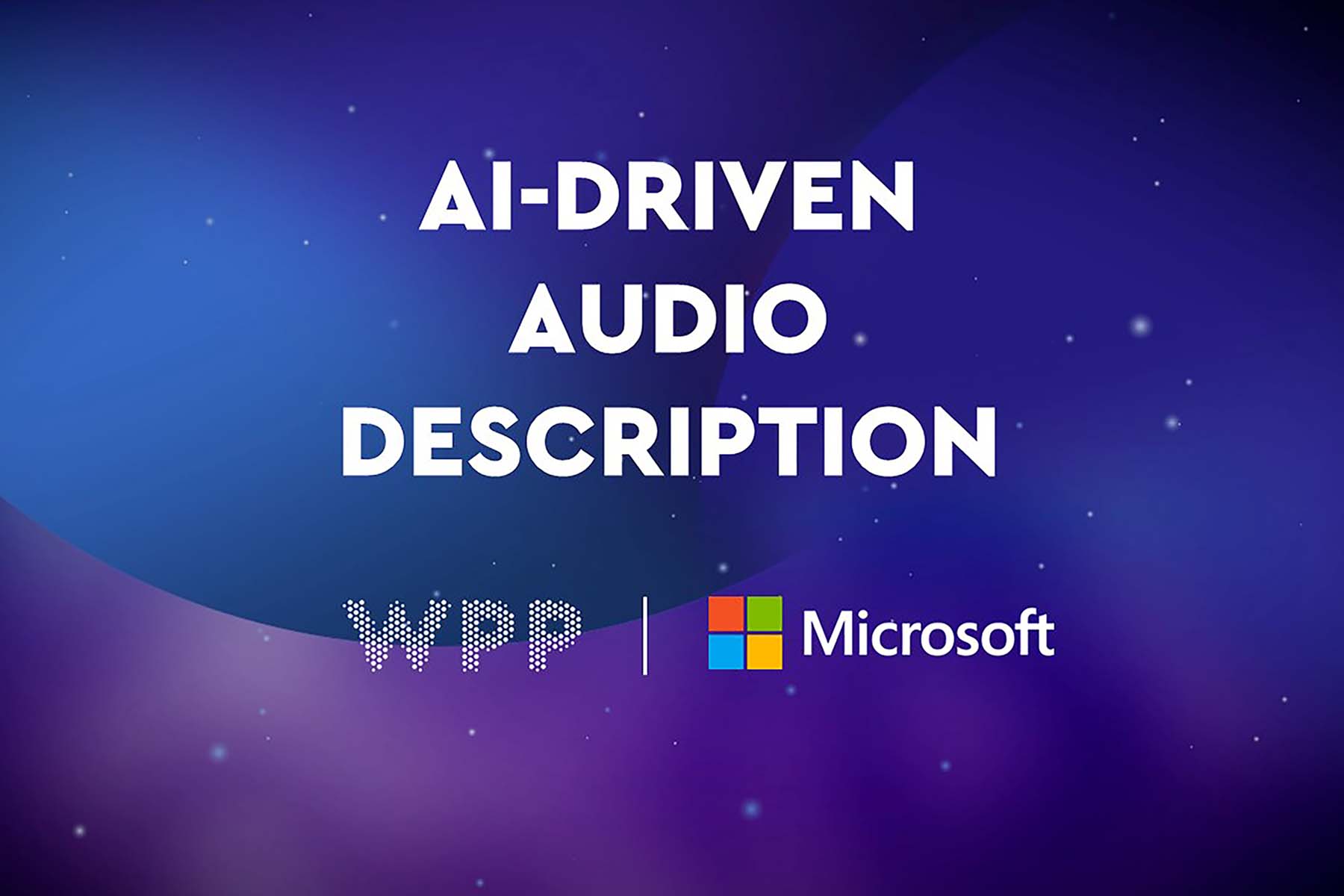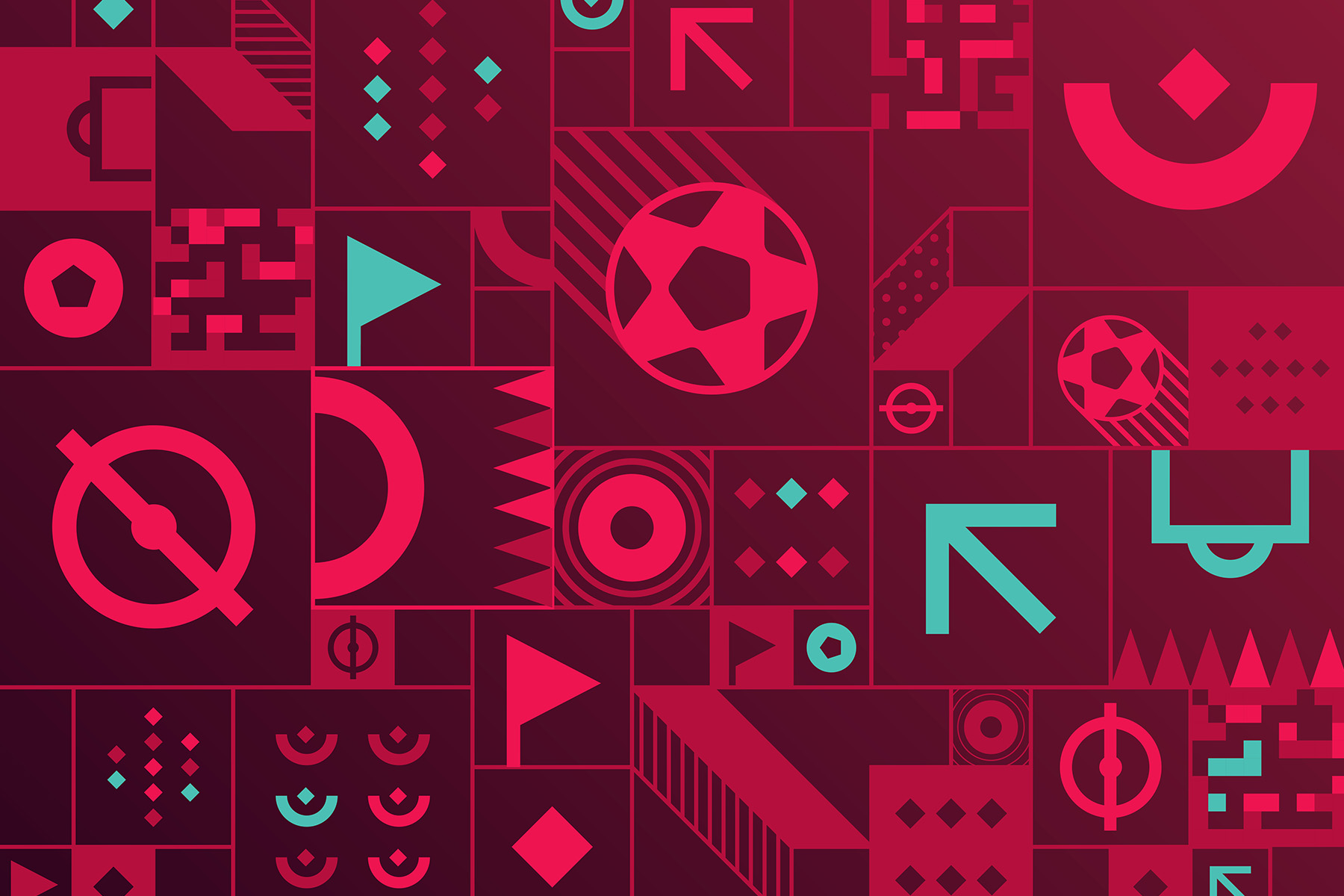
Detroit Experience Studio: inclusivity matters
Funded through WPP’s Racial Equity Programme and VMLY&R, in partnership with UWG and Makerhouse, Detroit Experience Studio (DES) both addresses racial inequity within our industry and gives young people in Detroit an opportunity to explore and expand their vast creativity
“There's so much creative talent in the city of Detroit,” says Kapria Jenkins, Executive Director of DES. “And there are so many barriers to enter our industry. We're creating something engaging, that allows young people to not only think about having traditional careers – like being a doctor or lawyer – but also about being a creative director or writer.”
DES is the space for Black and Brown youth in Detroit to maximise their creative potential and transform the advertising industry. “Young people will be able to come to DES to explore. They will be able to get their hands on different disciplines, and they will have an opportunity to look at some of our award-winning work and develop skills. We're not trying to push them into any particular direction. We want them to decide what they want to do,” says Jenkins.
“We’re also going to assign mentors to them to help them figure out that next pathway. We will work with them to define what their next step looks like.”
The DES programme comprises three key disciplines: marketing, advertising and design. The approach is multi-disciplinary but, importantly, it will also demonstrate how all these skills fit into the architecture of a campaign. That is what makes this programme so relevant to WPP.
How do you know if this approach is working?
“WPP has allowed us to build something that's rooted in community and centred in youth voice. But there is a business element to this too – it is an investment,” says Jenkins, emphasising that shifting the dial on racial equality, similarly unlocks a much-needed pool of talent for the industry.
“The most important outcome is centred on the youth experience. Are the students having fun? Are they learning? When they leave, do they have an idea about their next step? The students have an opportunity to shape the programme, and we're coming alongside them as guides while they see themselves as part of this industry.”
Why is this the right approach for WPP? Because young people, in large part, already lead how we communicate, and what we communicate. They tell us what is cool. They know which platforms make the most difference to outcomes. And they know how to influence trends. Everyone stands to gain.
Programme effectiveness is related to the number of DES students who go on to be accepted at related college programmes, and who are hired as employees or interns. Effectiveness is also relation to the number of people impacted, the volume of hours devoted to training, and the number of courses taught.
What makes this programme right for Detroit?
“Detroit is considered one of the blackest cities in America with almost 90% of its BIPOC [Black, Indigenous and People of Colour] residents identifying as Black. Yet they make up less than 7% of the advertising industry. And of that fragment, just 5% are VPs or higher,” she points out.
“We see a need for this programme on both the industry side, and on the community side. We also see how important after-school programmes are to youth development in Detroit, and how they complement young people’s academic education. There are a lot of incredible programmes already out there in the city, but there are still so many students looking for a programme that can really speak to their creativity.”
And there are location-specific blockers that the programme seeks to address too. For example, transportation is a huge problem for students and parents in the city of Detroit. “So, we're going to provide transportation because we’re putting the student at the centre of this programme,” says Jenkins. “We are putting our money behind these sorts of enablers without being overly controlling.”
The programme is totally human-centred – which is innovative in itself. “But we're not saving these students. We are helping students to understand the barriers and then discover the solutions to fix the barriers. We're not just creating programmes for students; we're creating programmes with students,” she says, applauding the work communities are doing for themselves, but also emphasising the need for shared experiences.
“When we get all of us working together – our corporations, our community leaders, our students – we can see change that is really sustainable,” says Jenkins.
What else is being done to inspire and guide?
The 10-week core programme, taught by some of the industry's top professionals, launched on 25 October 2022 at WPP’s Detroit campus. There are two, two-hour daytime classes per week, at no charge to the participant. Those eligible for the programme are Detroit-based students currently enrolled as a Junior or Senior in a Detroit Public High School with a serious interest in art, design, writing, strategy and technology. And they must be dedicated to finding out more about the industry.
There will be two cohorts of 15 students each year. And parent engagement will be key too. Summer programming, including workshops and learning sessions, are also in development. These will expand impact within the Detroit Public Schools Community District so that students who are not in the core programme have opportunities to explore and expand their creativity too.
Importantly, the volunteers delivering the programme will go through inclusivity training. “We'll be helping them to uncover some of their unconscious biases and teaching them how, not only to work with young people, but work with people who may look different and have a different experience from them,” says Jenkins. “We all have something to give, and we all have something to learn.”
published on
23 September 2022
Category
More in Experience

Let’s add audio for visually impaired audiences
How to make advertising more accessible for visually impaired audiences

The Future 100: wellbeing, humanity, emotion and tech
This annual trend spotter – by WPP’s VML – gives us the context for the new normal for marketing in 2024.

Activating sports events – the ultimate balancing act
WPP Sports Practice takes a look at the art of timing for sports event activation

